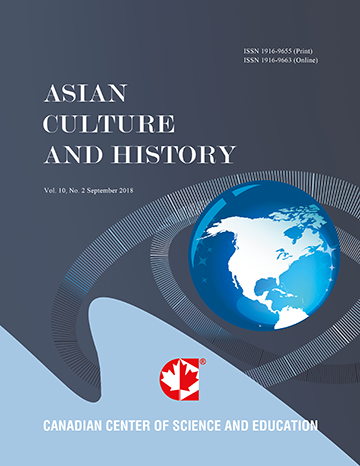The Cultural Roots of Contemporary Islamic Terrorism and Ways of Confronting It
- Hani Ahmed Shboul
Abstract
This study aims at analysis and explanation of the phenomenon of the Islamic terrorism from a cultural perspective; i.e. a cultural reading of the religious violence phenomenon, and how the cultural systems would view the religion-induced use of violence at various levels. Generally, the unique nature of a culture sustains as well as revitalizes certain variants of extremism and terrorism.
In the present study, the hypothesis was that the prevalent sociopolitical culture dominating the thinking of the majority of Arab Muslims, which is originally inspired by the religious and historical repertoire, was one of the most effective mechanisms producing extremisms and terrorism. Hence, to stand up to terrorism most effectively, the overall thinking shall be revolutionized towards a civic culture drawing on which to establish the critical mindset based upon novel social values that are capable to interaction with the most recent breakthroughs of the contemporary civilization of the globe.
The researcher, as a consequence, recommends reproduction of the current Muslims' culture by employing the educational and media institutions to disseminate an open-minded civic culture that tolerates with others, and accepts multiculturalism and diversity. To that end, the researcher adopted the Content Analysis approach to analyze the content of the dominating culture and its relation to the production of terrorism and ways of confrontation.
- Full Text:
 PDF
PDF
- DOI:10.5539/ach.v9n2p29
Journal Metrics
Google-based Impact Factor (2017): 5.42
h-index (January 2018): 11
i10-index (January 2018): 21
h5-index (January 2018): 6
h5-median (January 2018): 9
Index
- Academic Journals Database
- CNKI Scholar
- COPAC
- EconPapers
- Elektronische Zeitschriftenbibliothek (EZB)
- Excellence in Research for Australia (ERA)
- Genamics JournalSeek
- Google Scholar
- Infotrieve
- LOCKSS
- MIAR
- NewJour
- Open J-Gate
- PKP Open Archives Harvester
- Publons
- RePEc
- Scilit
- SHERPA/RoMEO
- Standard Periodical Directory
- Technische Informationsbibliothek (TIB)
- The Keepers Registry
- Universe Digital Library
- WorldCat
Contact
- Ivan YongEditorial Assistant
- ach@ccsenet.org
